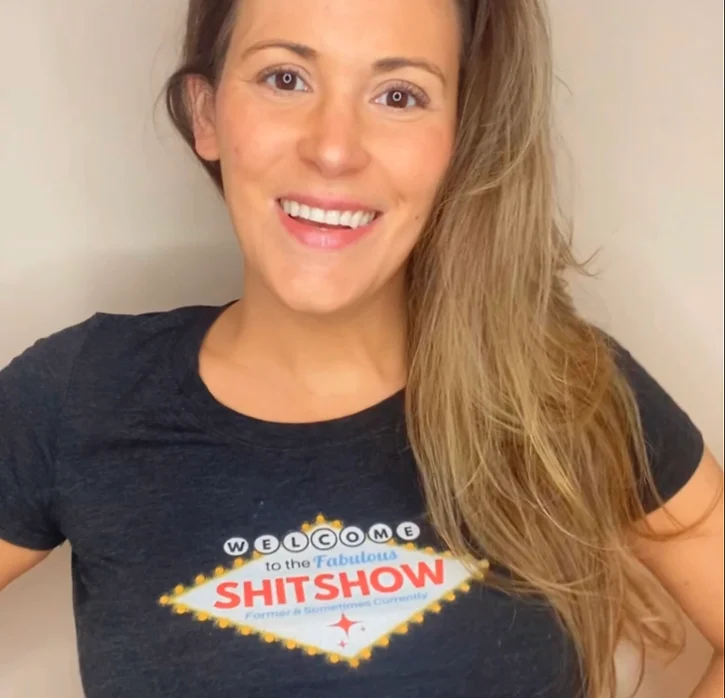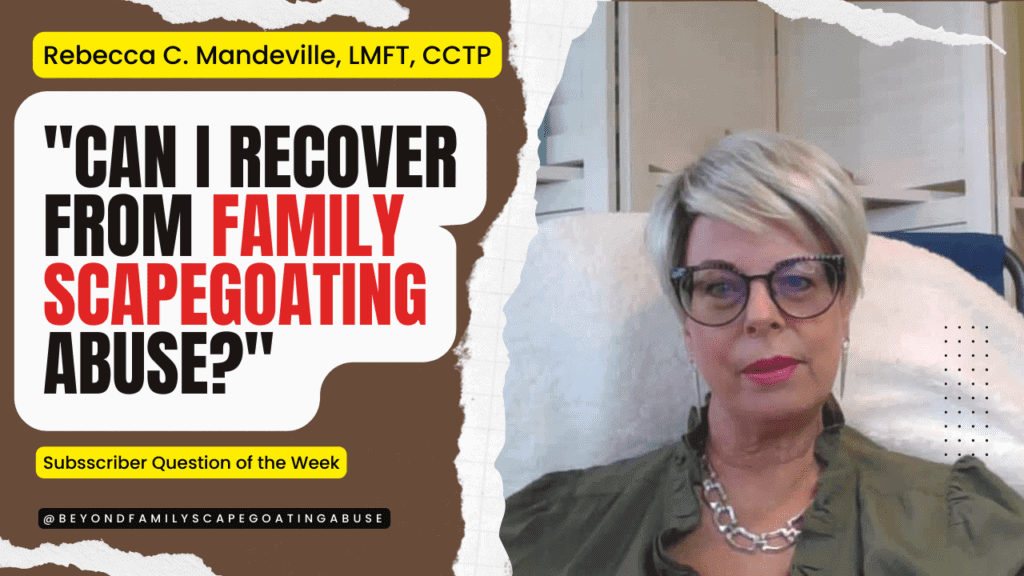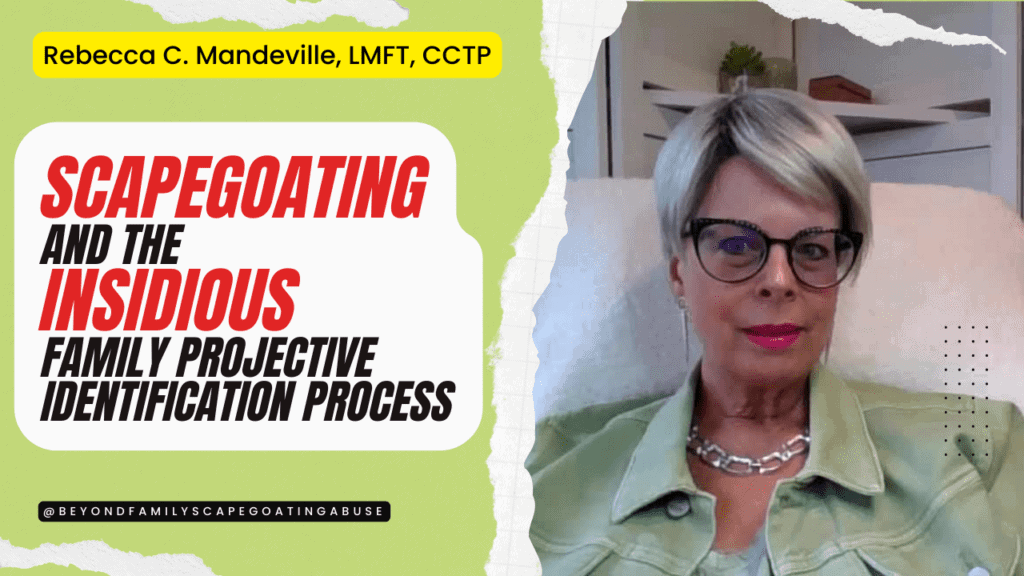A Warm Welcome to all of our new subscribers!
This was a busy week: I participated in two podcast interviews and shot two new videos for my new YouTube channel, Beyond Family Scapegoating Abuse. We just hit 1000 subscribers there and a wonderful community is growing. If you haven’t already, I hope you’ll check this new resource out.
One of my main goals in writing my book and starting this blog (and now my YouTube channel) was to educate Adult Survivors of dysfunctional and narcissistic family systems and Mental Health professionals on the following:
- Why family scapegoating behaviors qualify as psycho-emotional abuse in highly dysfunctional and narcissistic families.
- Sharing my years of clinical and academic qualitative research findings on what I eventually named ‘family scapegoating abuse’ (FSA).
- How the systemic, unconscious defense mechanism known as the Family Projective Identification Process can fuel family scapegoating abuse, including in family systems that are dysfunctional but not narcissistic.
- Why family scapegoating abuse victims should be assessed for complex trauma (C-PTSD).
- Understanding the inter-play between family scapegoating abuse; the family projective identification process; intergenerational trauma; toxic shame; betrayal trauma; and complex trauma (C-PTSD).
It’s been rewarding to see the interest in my work on family scapegoating abuse (FSA) growing steadily since I published my book, Rejected, Shamed, and Blamed, over two years ago. There can understandably be resistance on some people’s part in regard to accepting the fact that some processes related to FSA can be unconscious; however, it has been my experience that this is a critical piece of information for adult survivors of FSA who grew up in a dysfunctional, versus narcissistic, family system, as it validates the reality of their having been harmed by this form of insidious ‘invisible’ abuse.
Below are links to one of my recent podcast interviews (the second will be released and posted early next year) and my two latest videos.
Trigger Warning: The podcast host, Andrea Ashley, uses some ‘salty’ language at times during the introductory part of her broadcast. The topics we discuss related to family scapegoating abuse and dysfunctional / narcissistic families may be psycho-emotionally activating or triggering for some.

Andrea Ashley interviewing Rebecca C. Mandeville on her Adult Child Podcast
Latest YouTube Videos from Beyond Family Scapegoating Abuse (click on videos to play)



Leave a Reply to Moira ECancel reply